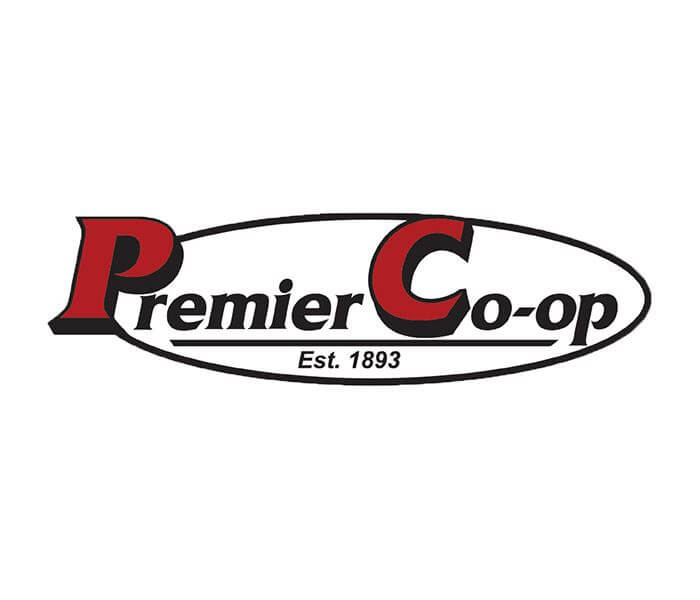Make the Switch.
With diesel prices continuing to rise, there's no better time to rethink how you're fueling your fleet. Propane Autogas can save money, save time, and keep your students safer. Here's the top 3 reason why you should make the switch to Propane Autogas.
-
Save Money - Propane Autogas is on average about a dollar cheaper than gas or diesel. Those savings and the ability to contract propane out for multiple years leads to less volatility and tens of thousands of dollars in savings for commercial fleets and school districts. (Based on data from Premier Cooperative and the schools we serve)
-
Safer & Quieter for Students - Gone are the days of exhaust clouds and loud engines. Your kids shouldn't have to worry about headaches on the way to school. Propane Autogas burns quieter and with less emissions leading to a better experience from the bus stop to the bus seat.
-
Easier Maintenance- Because Propane Autogas burns cleaner, less issues arise from particulate buildup in the engine and injectors. The mechanics we work with have noted less down time for repairs, leading to additional time and cost savings.
Interested in how you, your business, or your school could implement Propane Autogas and save lots of money doing it? Contact our Energy Specialist Addison at 608.479.1357 and stay tuned for our Propane Autogas Event this spring.

Addison Arndt
Certified Energy Specialist




